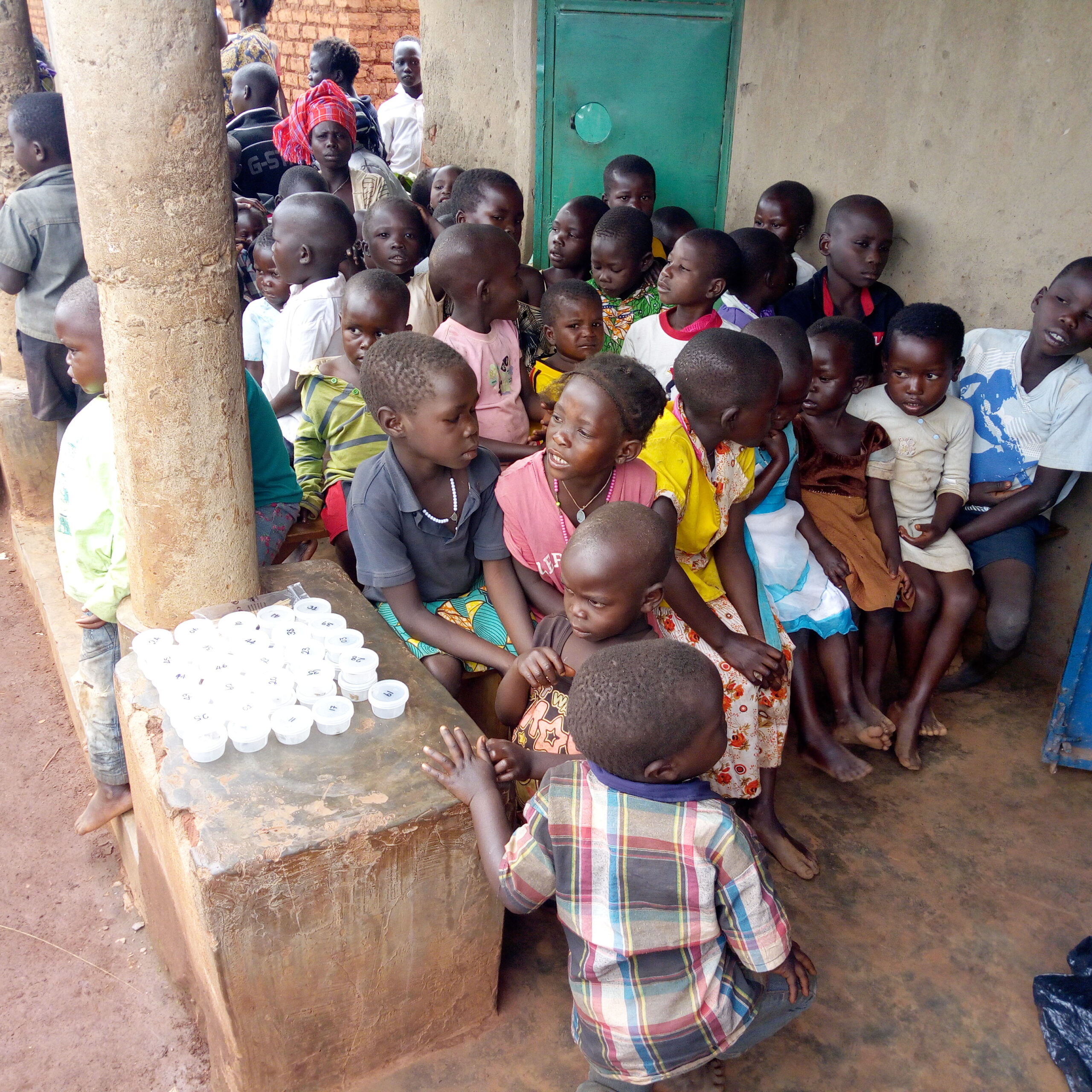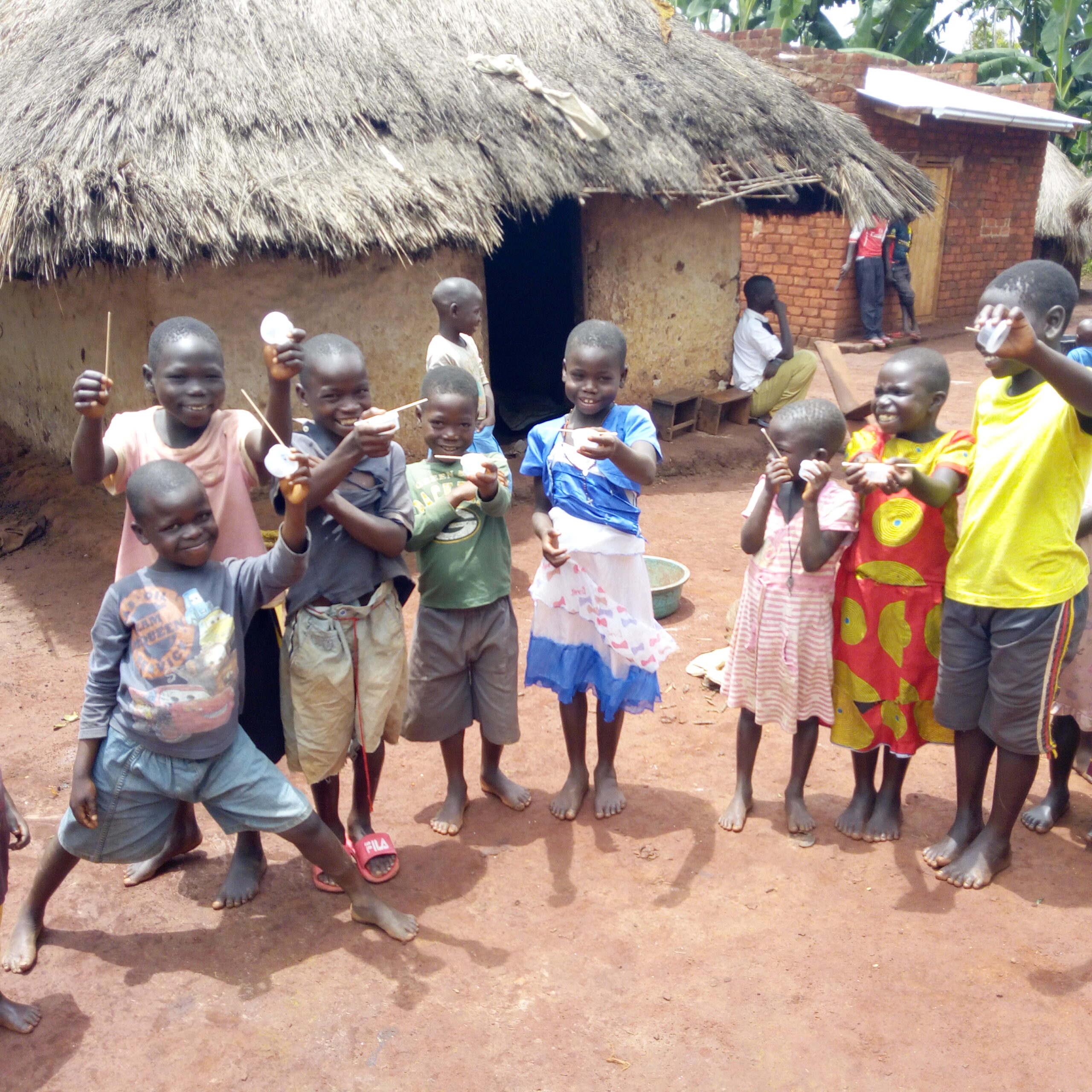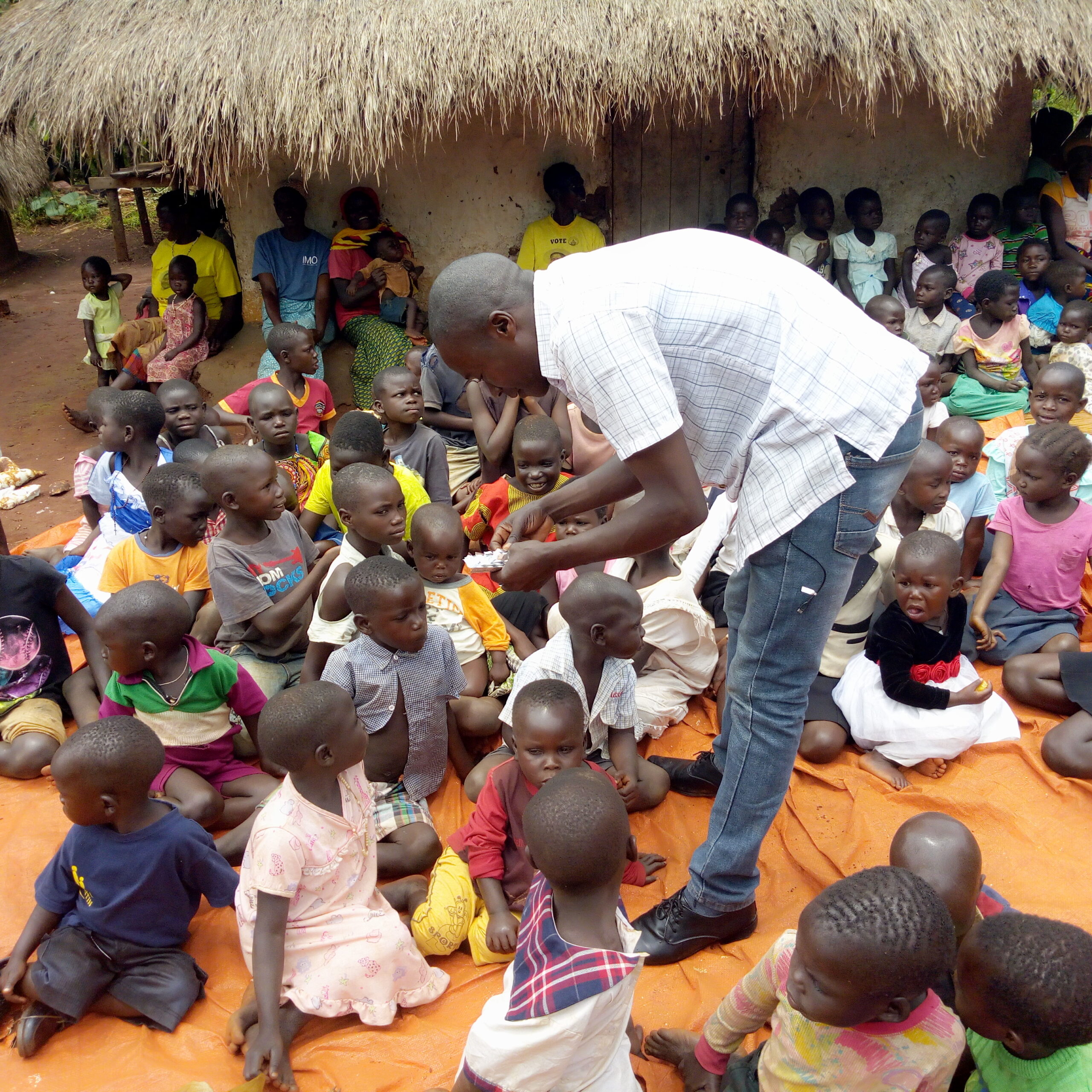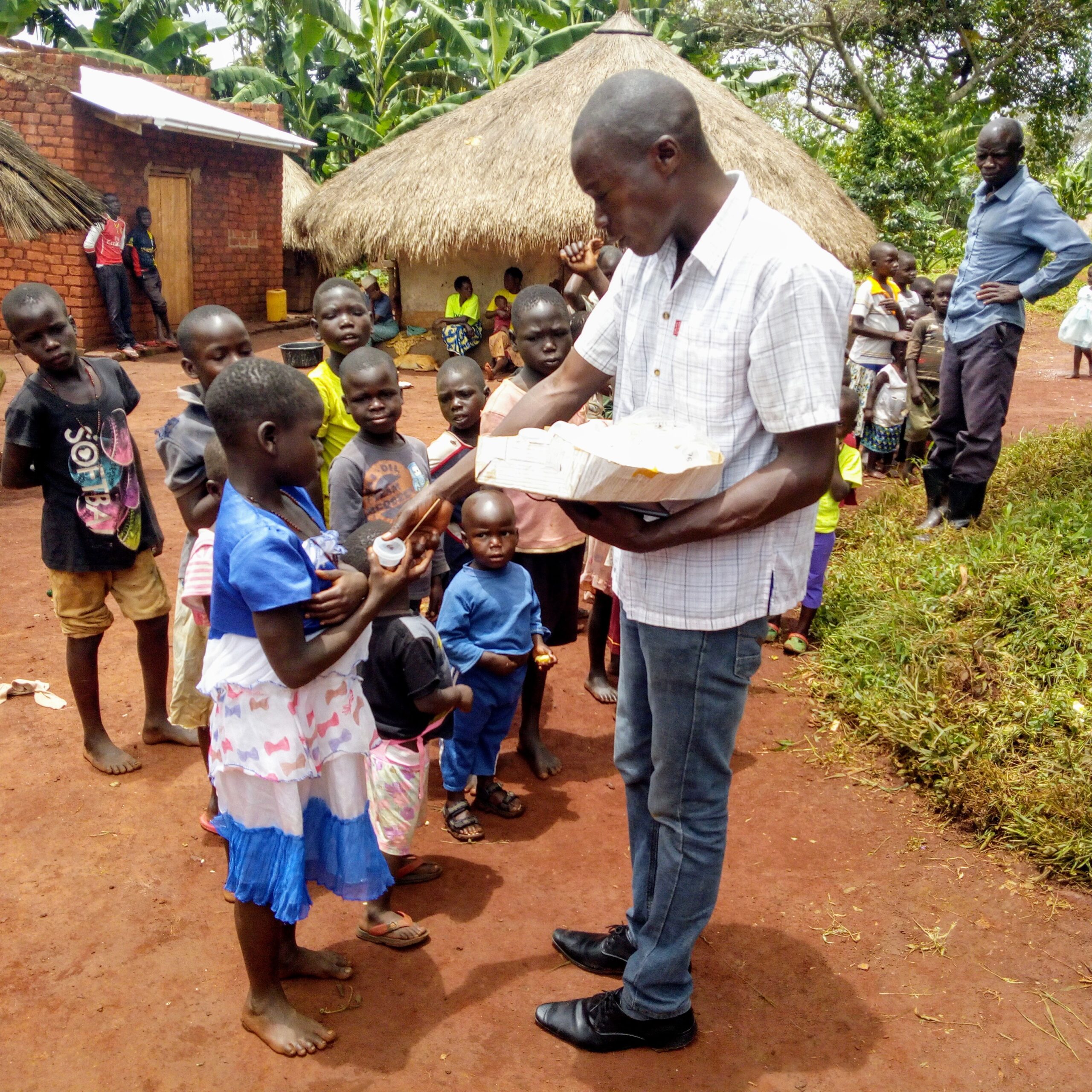Building Resilient Communities with Health Interventions - Reproductive Health
Reproductive health (RH) encompasses various aspects of sexual well-being, representing both individual rights and societal responsibilities. According to the United Nations Population Fund (UNFPA), good sexual and reproductive health signifies complete physical, mental, and social well-being in all matters pertaining to the reproductive system. This foundational element of human rights empowers individuals to make informed choices about their sexual and reproductive health. Nevertheless, discussions surrounding sexual and reproductive health remain challenging in many cultural contexts, underscoring the importance of education and access to health services.
Global View
Every year, a significant number of adolescents and youths aged 10–24 years face sexual and reproductive health (SRH) issues worldwide due to limited access to services and information. Alarmingly, adolescent girls account for 3.9 million unsafe abortions, 10 million unintended pregnancies, and 357 million curable sexually transmitted infections (STIs annually. In developing countries, including Uganda, young people are especially vulnerable to issues such as teenage pregnancy, sexual violence, early marriage, and the complications of unwanted pregnancies. Despite existing legal frameworks setting the minimum age of marriage at 18 years in Uganda, studies reveal that 40% of women marry before reaching this age, highlighting a significant challenge in addressing reproductive health rights.
Empowering Communities through Health
and Care Support
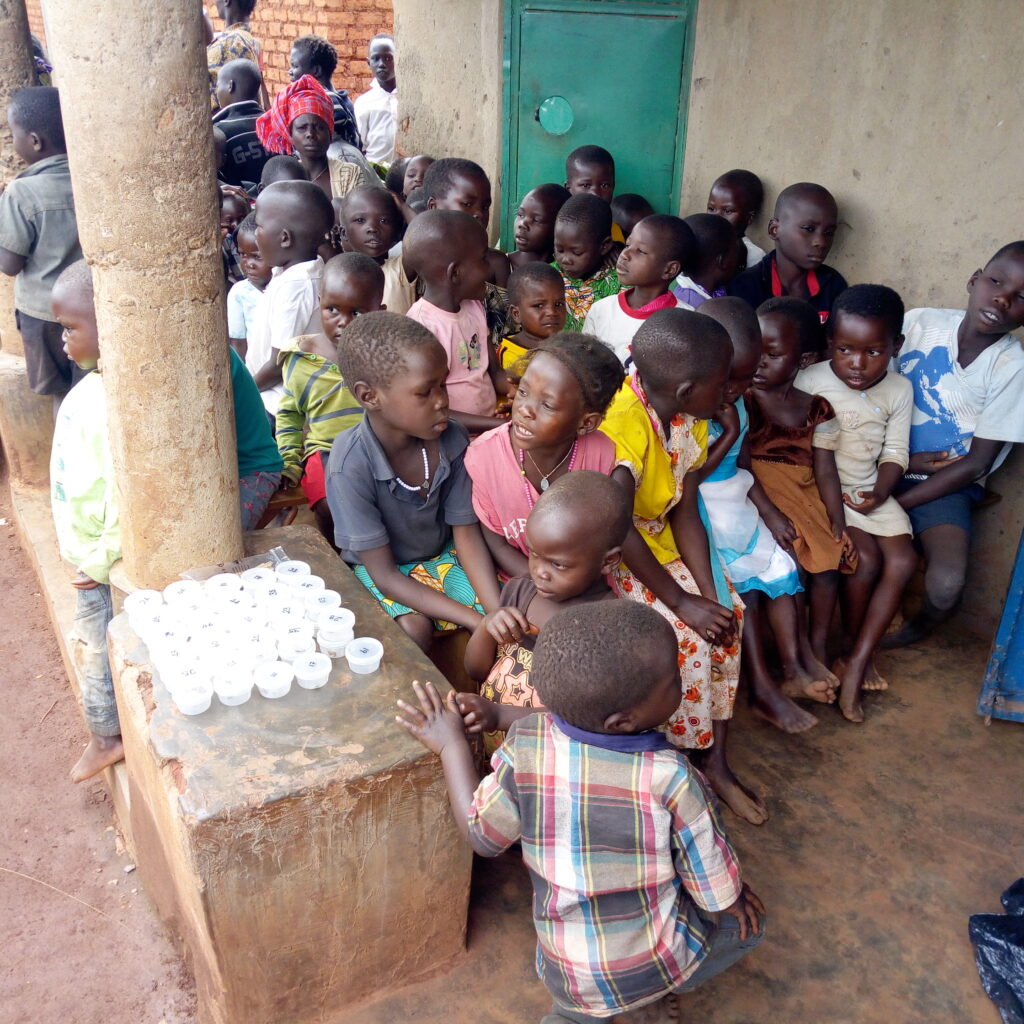
RH in Uganda and Zombo District
In Uganda, approximately 10%–20% of young people, aged 15–24 years, report having their first sexual experience before the age of 15. Sexual transmitted diseases remain a pressing concern, particularly among youth. In Zombo District, the situation is alarming: one in three women has experienced physical and/or sexual violence, and nearly one in four has faced intimate partner violence. Additionally, one in three adolescent girls reports their initial sexual encounter as being forced. The prevalence of sexual violence poses significant public health risks, as evidenced by the fact that one in five women has been raped or attempted to be raped during their lifetime. The impact of these issues on community well-being and safety is profound.
JDI Aims
The Jalwiny Development Initiative (JDI) focuses on promoting youth-friendly reproductive health services to bolster the sexual and reproductive health of the younger generation. JDI aspires to create an environment where young people can freely realize their sexual and reproductive health rights. Central to this mission is providing accurate information, supportive attitudes, and legal and social frameworks conducive to informed decision-making. Employing an evidence-based and culturally appropriate approach to comprehensive sexuality education, JDI aims to foster a society committed to promoting and upholding the sexual and reproductive health rights of all individuals, enabling equitable decision-making in relationships and overall sexual well-being.
